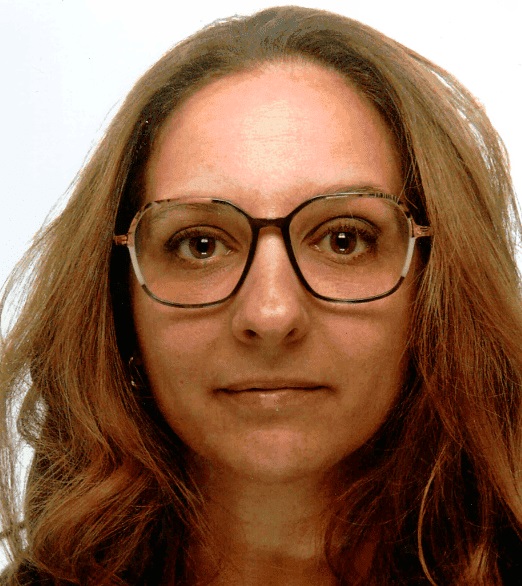Formation infirmière, entre enseignements universitaires et formation professionnalisante : Réflexion pour la construction d’un modèle d’apprentissage hybride
Auteur(s) : ESTOURNET Marie
Date de soutenance : 2024
Thèse délivrée par : Université Lumière-Lyon 2
Section(s) CNU : section 70 : Sciences de l'éducation
Sous la direction de : Alain FERNEX
Jury de thèse : Alain Fernex ; Erica De Vries ; Maude Hatano-Chalvidan ; Rawad Chaker ; Dan Lecocq
"Depuis plus de cent ans, les réformes successives du référentiel de formation pour devenir infirmier, ont été sources de nombreux débats, sans pour autant circonscrire le métier de formateur en institut de formation en soins infirmiers. Mais depuis peu, des études tentent de délimiter les missions et la place de ce dernier dans le paysage hospitalo-universitaire. Cependant, les résultats de ces recherches ont, dans la grande majorité, été construits sur la base de questionnaires informels, marquant plus le caractère prescriptif du métier, que la réalité du terrain. Cette étude est donc l’occasion de répondre à cette lacune, dans la mesure où, pour projeter un métier dans l’avenir, il faut en connaitre les contours. En partant de l’histoire d’une profession, somme toute peu documentée, en cherchant à retrouver les origines du métier de formateur, le rôle et les activités qu’il effectue, nous avons tout d’abord défini ce métier, de manière générale. Puis, à partir d’entretiens initiaux auprès d’un corpus de cadres de santé exerçant en IFSI, nous les avons ensuite catégorisés, en fonction, entre autres, des variables d’ancienneté en formation ou de diplomation. Cette classification étant insuffisante pour comprendre l’activité réelle du formateur et sa capacité à s’adapter en permanence aux contraintes de son environnement, nous avons poursuivi nos travaux par des captations vidéo en salle de cours et des entretiens d’explicitation. Ainsi, l’objectif avoué de ce travail est d’une part, d’affirmer une identité sociale propre au métier de formateur, sans pour autant exfolier sa part soignante. D’autre part, il cherche à mettre en évidence une logique de perméabilité entre les champs disciplinaires et les champs professionnels, logique qui a traversé l’ensemble de ce travail. Enfin, il met en lumière la place de l’analyse des pratiques professionnelles, non pas de soignants, mais de formateurs, comme un facteur d’équilibre dans le dispositif d’apprentissage, pour des acteurs, engagés intellectuellement, dans une communauté de pratiques internationales, tout en certifiant l’évolution de leurs pratiques."
Nursing care training, between university education and vocational training : Reflections on the construction of a model hybrid learning
"For more than a hundred years, successive reforms of the training standards, for becoming a registered nurse, have been the source of much debate without achieving to define the profession of trainer in nursing training institutes. Recently, studies have attempted to define the role and the place of nursing trainers in the university hospital landscape. However, the results of this research have, for the most part, been based on informal questionnaires, reflecting more the prescriptive nature of the profession rather than the reality in the field. This study is therefore an opportunity to fill this gap, insofar as, to project a profession into the future, it is necessary to know its contours. Starting from the history of a profession that is, after all, little documented, and seeking the origins of the profession, as well as the role and activities it performs, we began by defining the profession in general terms. Then, on the basis of initial interviews with a corpus of healthcare executives working in IFSIs (Nursing care institutes), we categorized them according to, among other things, variables of training seniority or diploma. This classification being insufficient to understand the real activity of the trainer and their ability to constantly adapt to the constraints of their environment, we continued our work with video recordings in the classroom and explanatory interviews. Therefore, the avowed aim of this work is, on the one hand, to assert a social identity specific to the training profession in the field of nursing care, without exfoliating its caring aspect. On the other hand, it highlights a logic of permeability between disciplinary fields and professional fields, a logic that has run through the whole of this work. Finally, it highlights the role of the analysis of professional practices, not as a caregiver but as a trainer, as a balancing factor in the learning process for intellectually committed players in an international community of practice, while certifying the development of their practices."
URL : https://theses.hal.science/tel-05083242
mot(s) clé(s) : enseignement et formation professionnels, enseignement supérieur














